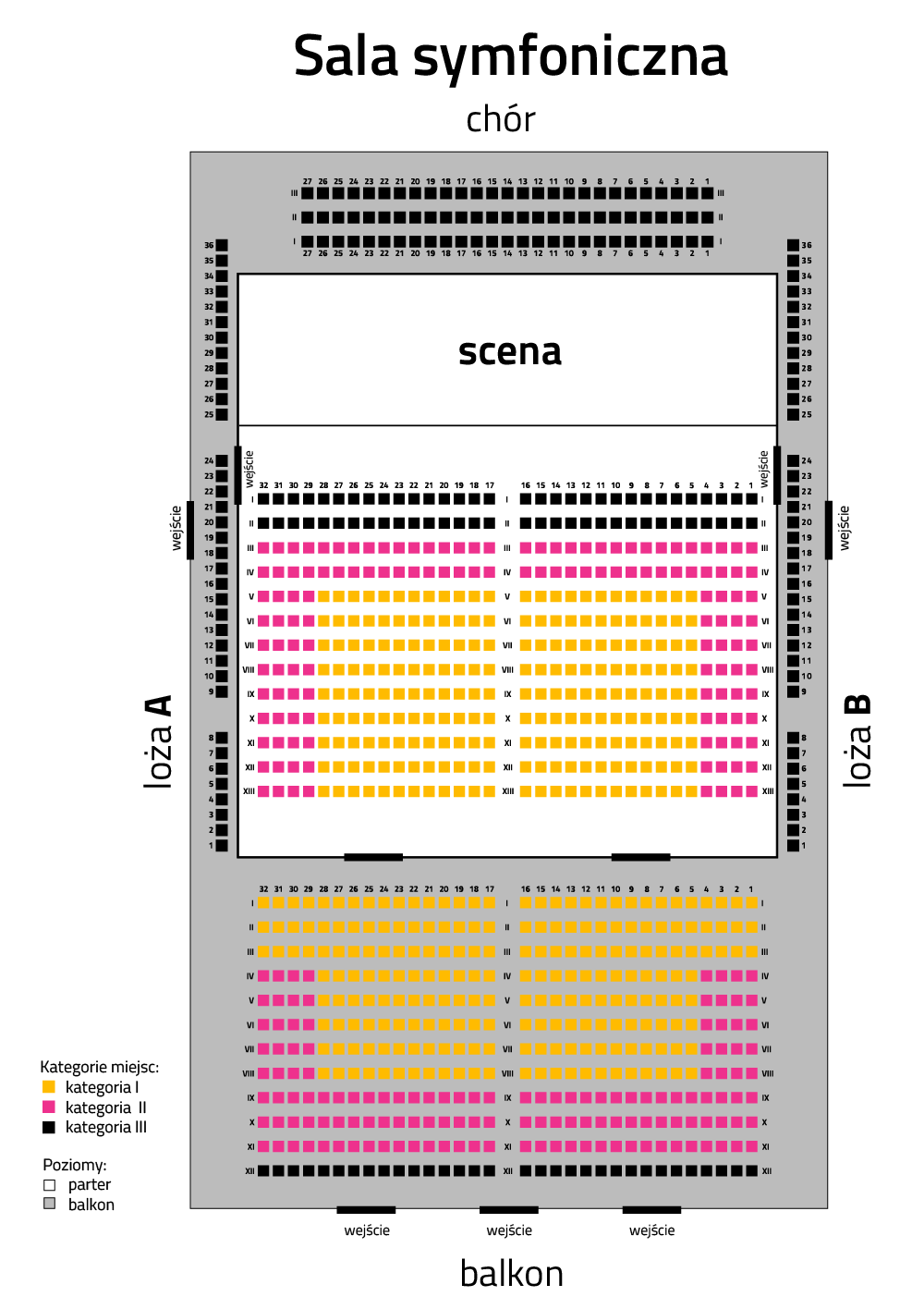The great Viennese Classics are rarely associated with musical humour or entertainment music. And yet, in the rich output of both Wolfgang Amadeus Mozart and Joseph Haydn you can find examples of light and playful music. So-called outdoor music features, such genres as divertimenta, cassation and serenades, including the famous "Eine kleine Nachtmusik", thus "Little Night Music". The subject of the night is also referred to in "Serenata notturna", that is Serenade in D major, KV 239. This three-movement composition was written for an unusual cast of two small orchestras, referring to the baroque genre concerto grosso.
A satirical dimension is also included in Divertimento KV 522 with the subtitle "Ein musikalischer Spass" (Musical Joke). The composer seems to parody incompetent artists, deliberately using "errors" in the work – at least in the meaning of classical composition. In this four-movement form there are polytonal moments, a full-toned cadence, incorrect transposition of horns, which results in clear dissonances, slow tempo Maestoso in the dance part of Menuet, while in the final there is an ineffectual fugue, with all the musicians ending up on a different note.
Joseph Haydn used the musical joke as an argument in a very serious discussion. For many years the composer was bandmaster at the court of the Esterhazy princesses. In 1772, Prince Nikolaus and his entourage stayed in the Eszterháza summer residence in Hungary for a long time and refused to return the accompanying musicians to their native Eisenstadt, where their families were waiting for them. The artists asked their Kapellmeister, sometimes affectionately called "Papa" Haydn, to intercede for them with the prince. However, when diplomatic means failed in the dispute at Esterhazy, the composer reached for musical arguments. In his new symphony he dared to make a very eloquent gesture – the final Adagio was written in such a way that subsequent orchestra musicians stopped playing, put out their candle and left the stage – only two violinists remained onstage. The prince probably read this musical message, because the day after the premiere of Symphony No. 45 everyone returned to Eisenstadt.
Exhibition available during event:
Po drugiej stronie grani | Anna ReinertAnna Reinert przez ostatnich 15 lat znajdowała inspirację dla swego malarstwa w żywiole geometrycznego miasta. Dzisiaj, przechodząc przez symboliczną grań swojego życia, znalazła się wśród ośnieżonych szczytów gór wysokich. Tak oto góry określiły ją na nowo jako artystkę, jako malarza. W jaki sposób przepływa inspiracja, która w miejskiej bryle szczecińskiej Filharmonii pozwala zobaczyć ostre szczyty ze zdjęć Mieczysława Karłowicza.
DETAILS
Szczecin-Wrocław | Classics
06-02-2019 19:00

Symphony HallFilharmonia im. Mieczysława Karłowicza w Szczecinie
ul. Małopolska 48
70-515 Szczecin

